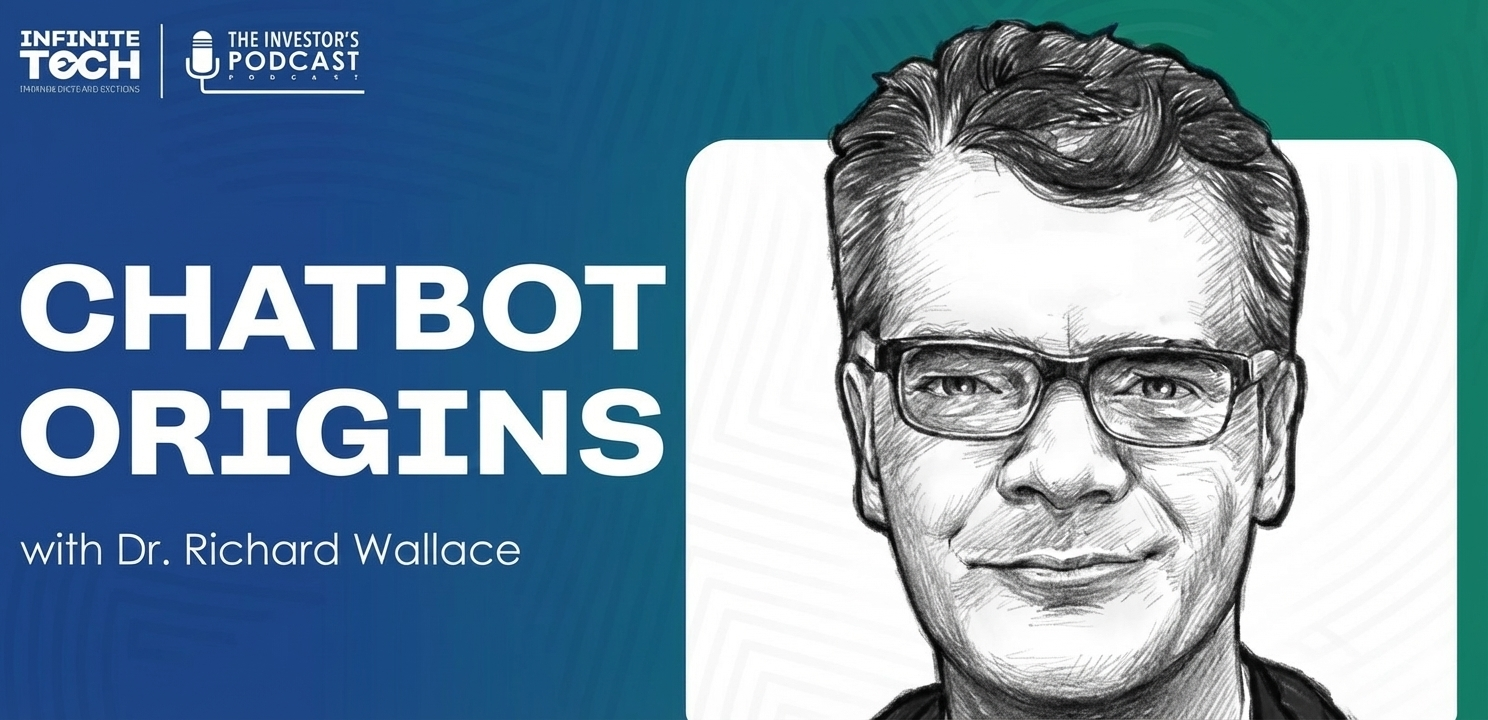
- 5 July, 2022
The key to Quantum Computing AI applications: Flexible programming languages
By Dr. Jans Aasman, CEO, Franz Inc
The advance of quantum computing has the promise of reshaping artificial intelligence (AI) as it’s known and deployed today. This development is drastically expanding AI’s enterprise and commercial outreach, perhaps even getting closer to artificial general intelligence. And there is another promise of convergence of quantum computing, AI, and programming languages into a single computational environment.
general intelligence. And there is another promise of convergence of quantum computing, AI, and programming languages into a single computational environment.
![]() The potential effects of this coalescence of capabilities are nothing short of formidable. Deep learning applications will run much faster. The problems they solve will reach a complexity defying that of traditional approaches to advanced machine learning. Statistical and symbolic AI will run in tandem, while verticals from energy production to finance reap the benefits.
The potential effects of this coalescence of capabilities are nothing short of formidable. Deep learning applications will run much faster. The problems they solve will reach a complexity defying that of traditional approaches to advanced machine learning. Statistical and symbolic AI will run in tandem, while verticals from energy production to finance reap the benefits.
None of this will occur, however, without the enablement of flexible AI programming languages. Such programming languages are indispensable for writing AI algorithms bolstered by quantum computing to create advanced applications with the power to transform the use cases for which they’re deployed.
By availing themselves of these adaptive programming languages with the power to support paradigms for object orientation, reflection, procedural and functional programming, and meta-programming, organizations can harness this conjunction of capabilities to achieve a degree of horizontal productivity that’s not otherwise possible.
Programming languages
As the foundation for writing effective quantum AI applications, adaptive programming languages tailored for this task are immensely helpful to developers. These high-level languages make it easy to abbreviate the time required to write code while increasing throughput when doing so. The best ones involve functional programming, which is often contrasted with, and considered superior to, imperative programming.
Read the full article at VentureBeat.







